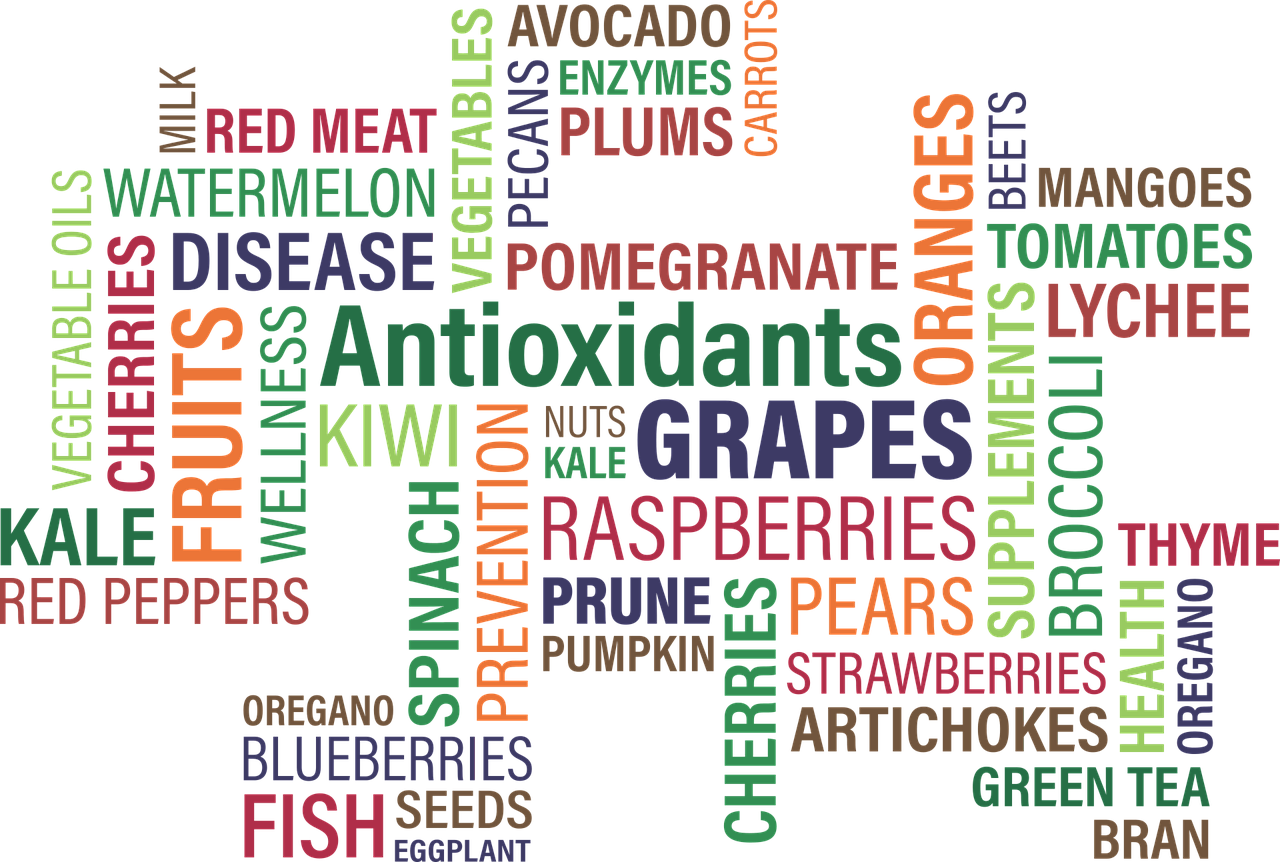
Image by Mary Pahlke from Pixabay
“WE ARE WHAT WE EAT” This adage of sorts has now become such a cliché, that it is being used to address the entire kaleidoscope of Holistic Wellness. A dictum that was formulated eons ago by our very wise and scientifically inclined ancestors is the single realization that drives the ethos of physical, mental, emotional, spiritual and even professional profile. It is associated with the way we conduct ourselves in society and the contributions we make to the global community at large. Naturally, global transcends to local and vice versa.
Disease is today not regarded as simply as the loss of health, but also a protracted compromise in human resources, productive man hours and even a serious decimation in the Quality of Life.
Since our state of health is totally governed by what we consume, and all diseases can be traced back to food, dietary regimen and an individualistic and signature approach to eating, it would be quite insightful to understand the biochemical mechanism, which governs the undeniable connect between dietary consumption and optimized bodily function.
Beginning at the beginning, it is imperative to realize that we as a species are biologically programmed to consume what other species biosynthesize, namely we eat the food made by species of plants and animals. We utilize these biomolecules through a sequential process of beginning with ingesting the food followed by digesting it and absorbing it in the bloodstream. The assimilation into the cellular environment is aimed to generate energy and to make new molecules for bio-dynamism or living processes. Naturally, this utilization is followed by the excretion of unwanted waste products.
The understanding of this fascinating biochemical phenomenon is unraveled by addressing some pertinent questions dealt with below.
WHAT IS A DIET?: A diet is best describes as a collection of nutrients needed to be consumed each day by an individual. Incidentally, since, nutrition, as science is with emphatic statistical undertones, the individual understudy, is referred to as the subject. The ingredients of this diet are 45 in number, totally. Significantly, the quality, quantity, and proportion of all dietary components are important to generate a diet conducive to good health and wellness.
WHY SHOULD IT BE BALANCED?: Good nutrition and exercise are crucial to our overall health. Making the right food choices, coupled with taking regular exercise can protect the body against many illnesses such as coronary heart disease, osteoporosis, certain cancers, high blood pressure, and strokes
WHAT ARE THE BENEFITS OF A BALANCED DIET?: In a nutshell, looking and feeling better, with more energy and zest, additionally, improved body shape and a substantially reduced stress level. Physiological studies show that there is a very emphatic and tangible improvement
VARIOUS WAYS TO ENJOY A BALANCED DIET: Try to enjoy a variety of foods from the food groups listed below: Fruit and vegetables, bread, other cereals and potatoes, meat, fish and alternatives, milk and dairy foods, foods containing fat, foods, and drinks containing sugar. The health Mantra is to avoid exclusion diets and practice moderation in terms of portions and variety.
An important irony, as a species, since we are Homo Sapiens, we are the “thinking species” and we are biologically programmed to get emotionally involved in every aspect of bio-dynamism. Interestingly, we are emotionally involved with food also and are the only species that consume food even when we are not hungry. Hunger, Appetite, Thirst, and Satiety are all neurological projections and they are regulated through endocrine secretions, using hormones like leptin. Summing up, our heart rather than our mind governs our stance towards food.
MAKING OF A BALANCED DIET: The lifestyle integration of a balanced diet, would need to contain adequate and high quality: Proteins, Carbohydrates, Lipids, Vitamins, Minerals and above all Water which is scientifically acknowledged as an essential nutrient. The critical portions of each would be associated with various anthropometric indices of the subject and would be governed by the MAGIC OF PSYCHOSOMATIC, inclusive of attitude oriented stance towards food. Physiological, psychological, mental, sensory, emotional and holistic aspects of an individual form a very significant aspect of the delicate balance of the mental and physical.
Absence of synergy results in DISEASE. Thus hunger is an important indicator of feeling wellness-oriented.

Interestingly, some live to eat, and some eat to live, but for every human being, life and food have an intense connection.
For the sake of better understanding, the types of diseases can be classified as genetic (congenital), curable, incurable and age-related. All diseases can be alleviated through Diet!!!! This is especially, significant in cancer, AIDS, Diabetes, Pregnancy, Lactation, and scientifically formulated diets are now well accepted for patient care and as part of the treatment regimen.
The ironic aspect of emotional imbalance towards food is a set of abject biochemical maladies known as eating disorders which can cause havoc with wellness. Obesity, to some extent, Anorexia Nervosa, Bulemia, food fetish, food fads as well as Yo-Yo diets all fall in this category. Detrimental to the Body-Food Connect are categories of molecules like….Aphrodisiacs, Addictives, Alcohol, and Allergens.
To sum up, on a constructive note, it would be extremely rewarding to revisit the ancient scriptures and imbibe the irrevocable truth about the “Magic of Nutraceuticals”. A dictum also endorsed by Hippocrates who specified that “Let Food Be Thy Medicine”. This enunciation, though made in the 6th Century BC, still forms the foundation of the term: Nutra=Food and Ceutical=Curative, namely foods which cure. The term was officially coined in 1989 and encompasses the entire spectrum of bioactive, functional foods, dietary supplements and such biomolecules that contribute emphatically to complementary healthcare.
Curiously and in a fascinating manner, they include, High IQ foods, High EQ foods and even High SQ foods(Just for record…IQ=Intelligence quotient, EQ= Emotional Quotient, and SQ= Spiritual Quotient). Today, science and industry are conjugated in a gainful synergy to generate novel food products to address the needs of the entire array of the human population, from paediatric to geriatric because as is well known, human resources and their flawlessness is based on the food they consume.
Good health is not only the absence of disease but also the feel-good factor with a sense of:
Purpose, Happiness, and Contentment which encourages individuals to empathize with the world at large and contribute continuously and constructively to society and especially the less fortunate.
Hence, some astute postscripts…..
“Look into your plate before you look into your heart….
Feed your soul not your mouth
A smiling stomach is a smiling pair of lips!”
The author acknowledges the use of authentic medical literature to structure this article.
(The views expressed by the author in the article are her own)
Sign up for the QuackTrack.org newsletter below!














